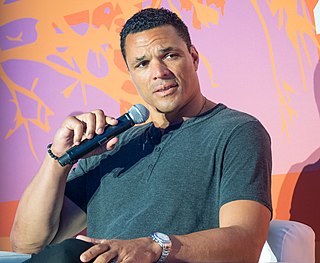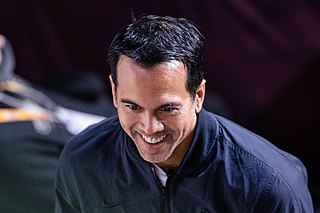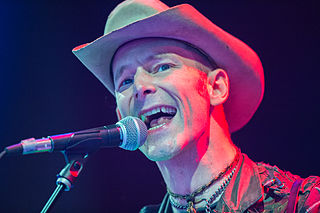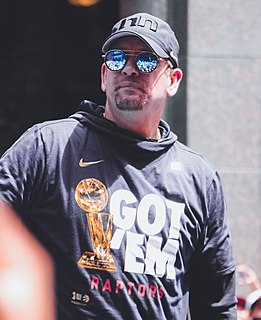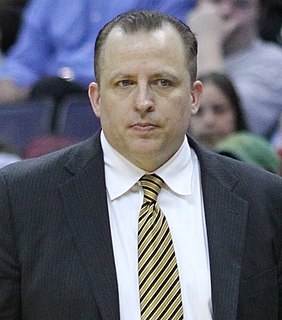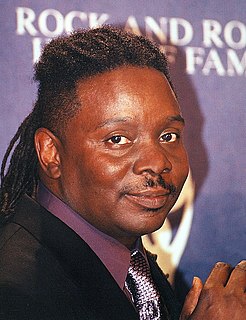A Quote by Tony Gonzalez
I could have played in the NBA. I would have put up 1,000 jump shots a day. I've got that type of work ethic.
Related Quotes
I would work until I got stuck, and I would put it down and pick up something else. I might be able to take a 20-minute nap and get to work again. That way, I was able to work about 10 hours a day... It was important to me to work every day. I managed to work on Christmas day, just to be able to say I worked 365 days a year.
Mark Jackson played 19, 20 years in the NBA. Shouldn't even have probably been in the league, and he's the third-ranked assist guy in the NBA. But you describe his game: Can he jump? No, not really. How's his outside shot? Eh, it's inconsistent. Can he defend? Nah, he can't stay in front of guys. And he played 19 years!
It's a lot harder to keep your cool than it is to lose it. That's on any work ethic. Even if you're a big producer on a movie set, or whatever, it's a lot harder to be a pro than be a baby on your crew. That's one work ethic to keep in mind, as one bad apple could give five people a bad day, when that one person could've stepped up their own efforts a little more and not bring anyone else down.
I learned really early on that I had to treat it as if it were a real job. This might be my middle class background - the Irish work ethic, which isn't quite the same as the Protestant work ethic - but still, it's, 'Get a job and show up every day. Be there. And don't complain. Who do you think you are: you're nobody special; go to work.'
I could learn photography. That could be something to want. I could photograph children. I could have my own children. I would give them yellow roses. And if they got too loud, I would just put them some place quiet. Put them in the oven. And I would kiss them every day, and tell them you don't have to be anybody, because I would know that being somebody doesn't make you anybody anyway.
It might sound crazy but you put your money up and take out a little every week. You put yourself on a salary instead of getting $7,000 this week, $20,000 next week and $5,000 the week after that. Take a $1,000. You got your toys, you got everything and your money under your mattress. Break it down and have a salary to take care of you and your family and stretch that money.
The Energy job was probably the key. It kind of transitioned me back into the States. It gave me a link to the NBA. And I got to make some contacts and meet some players and get players set up and learn the NBA game and terminology and coaching those type of players. It was certainly a huge, huge key to getting to the NBA.
I've been blessed with the athleticism that I've got. I've worked a little bit to try and fine-tune certain aspects - my pace, leap, timing - to make it work on the football pitch, but I always had it in my armoury being able to jump high. I was always good at long jump back in the day at school - nobody could ever beat me.
I'm really glad we came up when we did. When we got started, the record companies were concerned with building careers. They made sure you could put on a live show before you put a record out. And if your first album sold 100,000 to 200,000 copies, they were happy, because they figured you had your foot in the door on a way to a long career.
